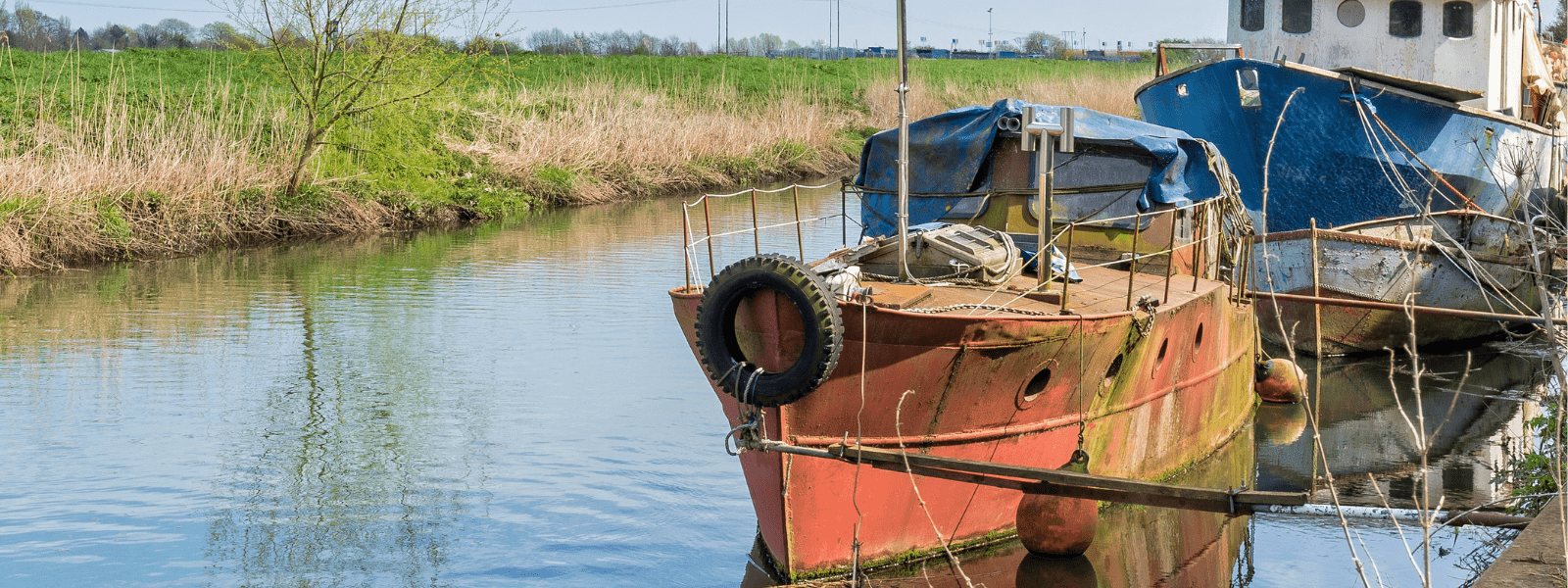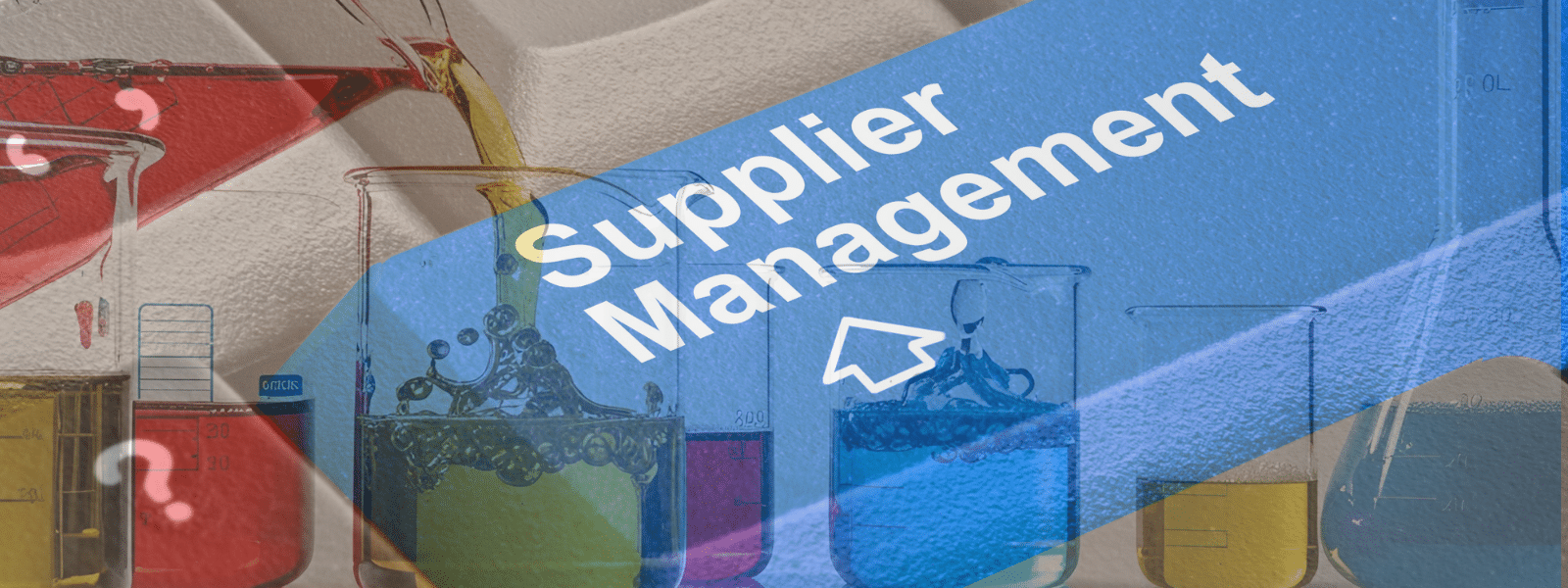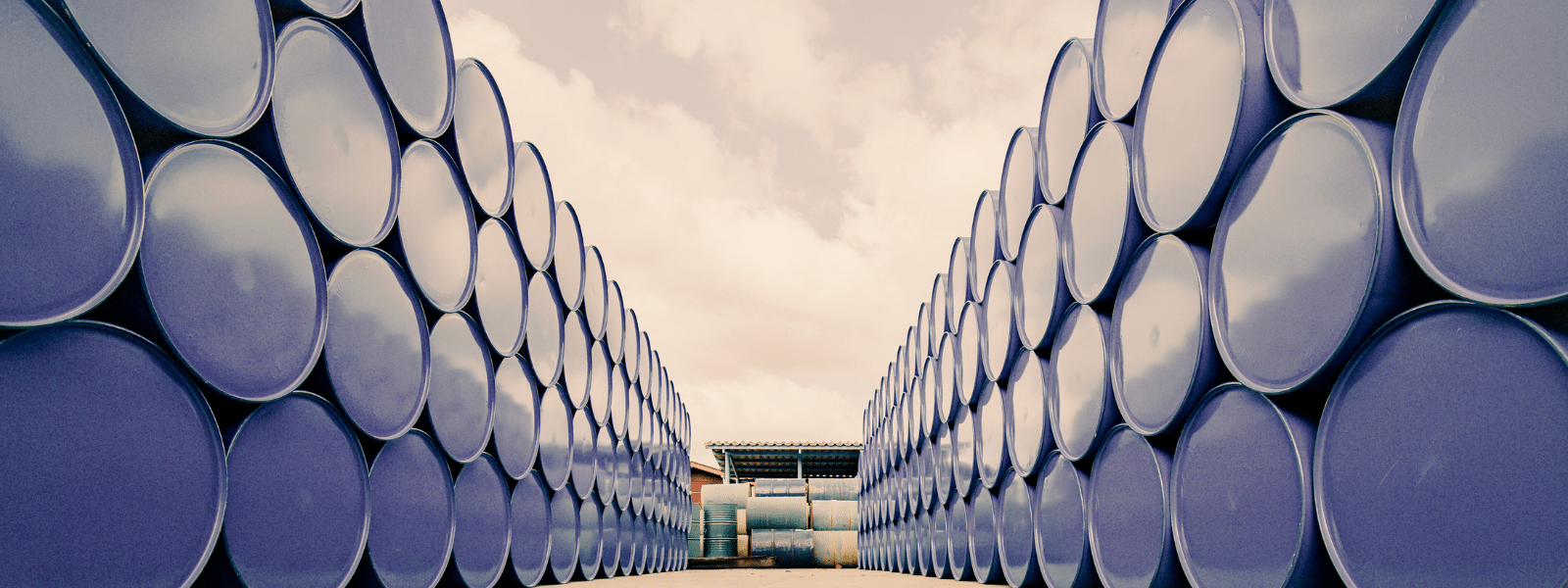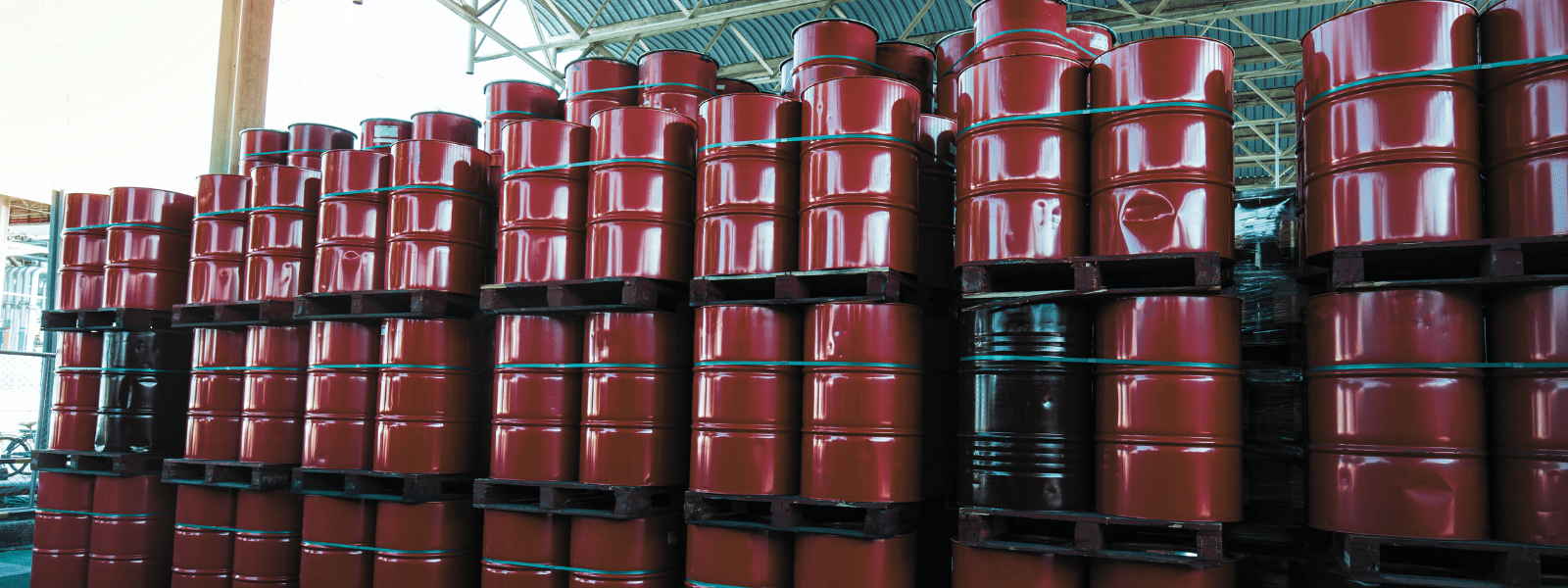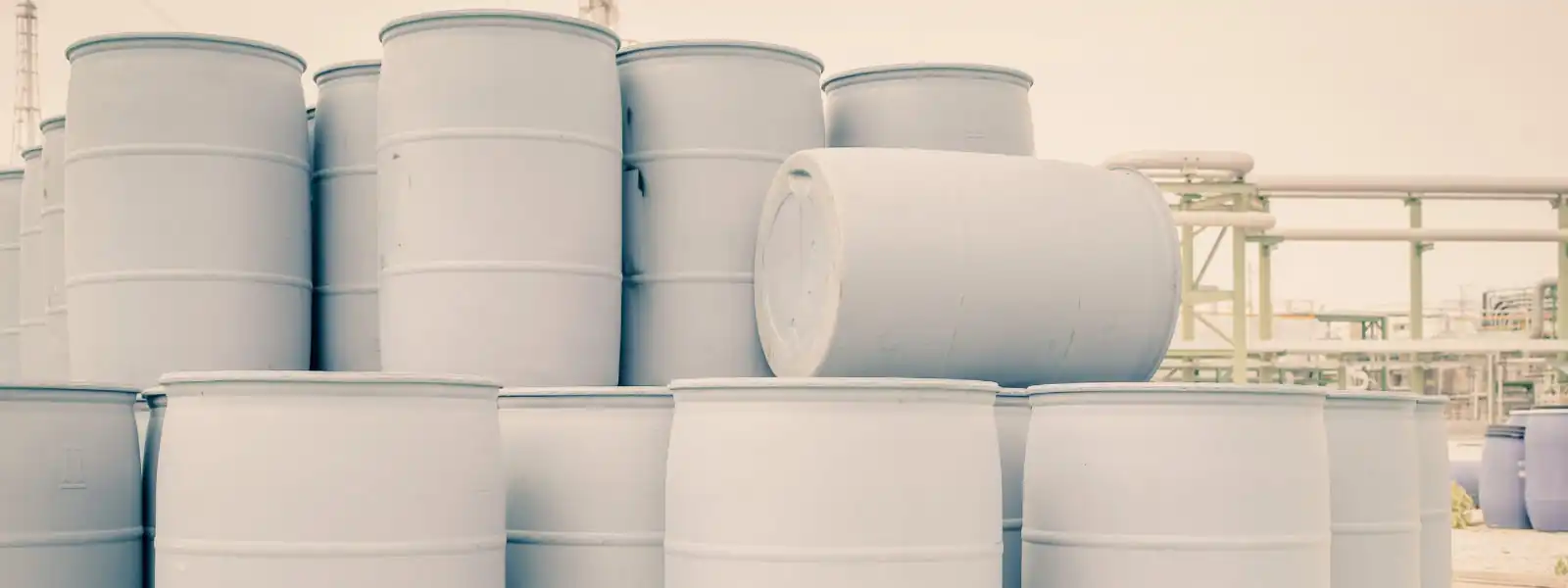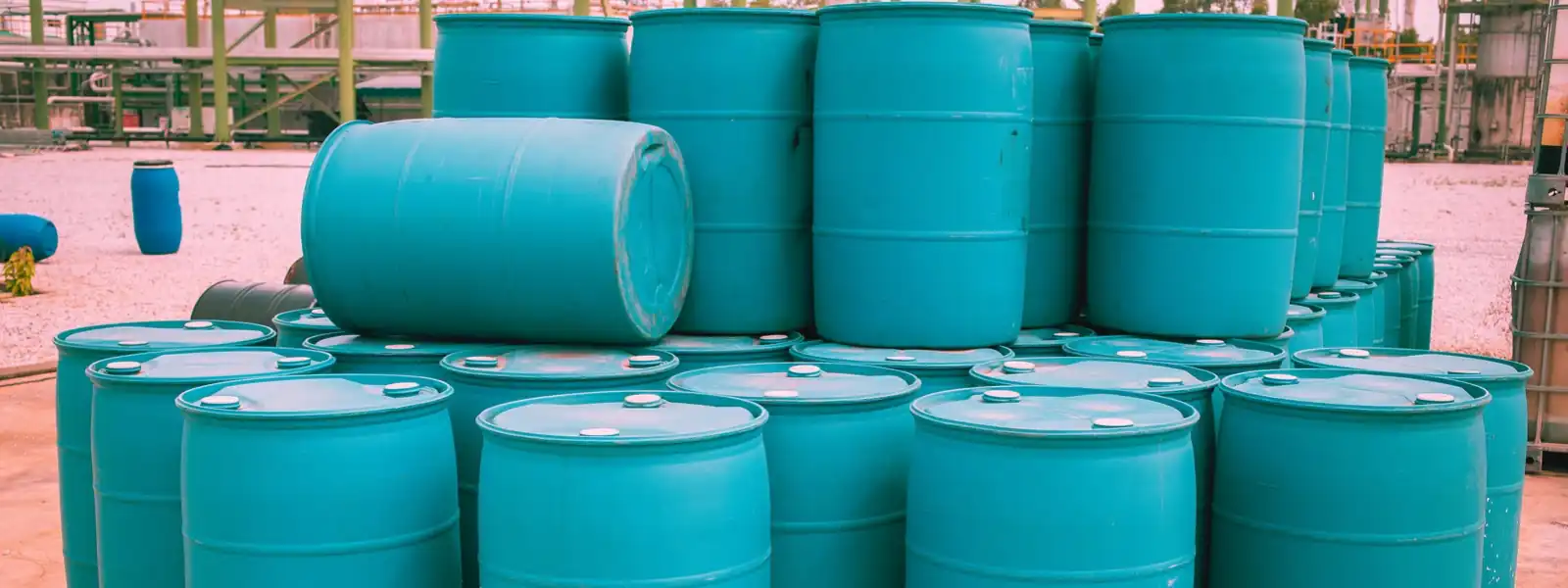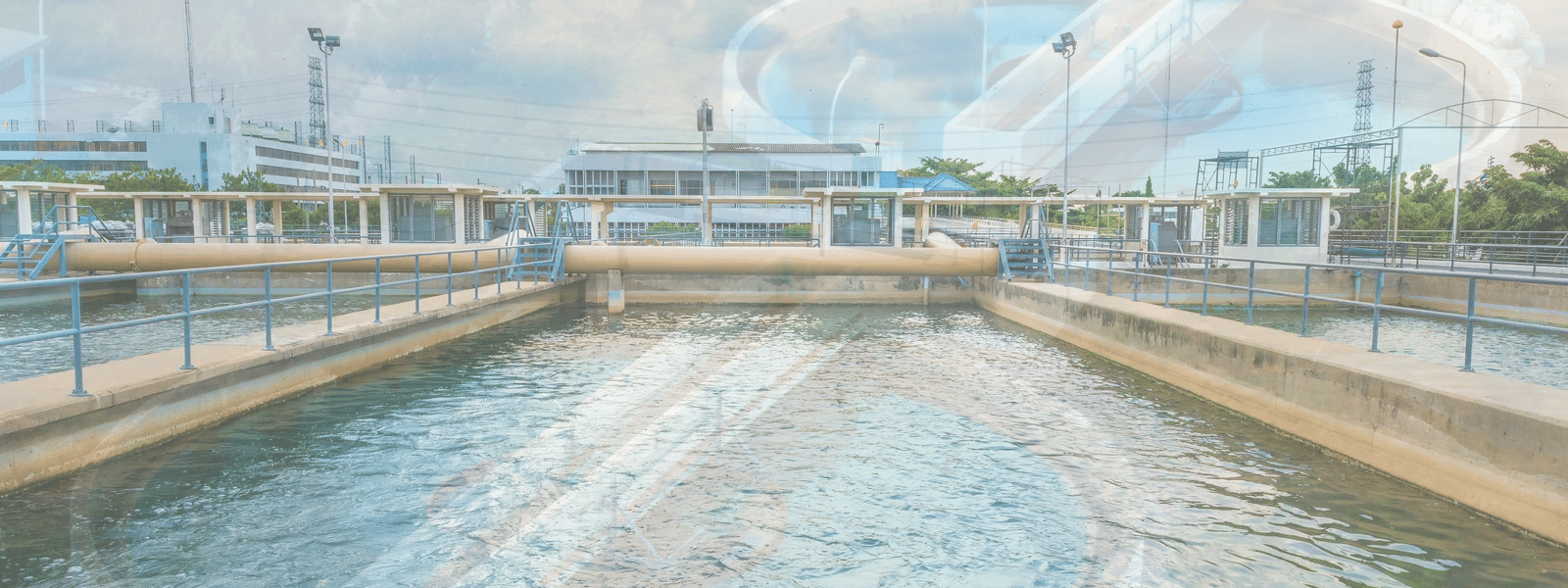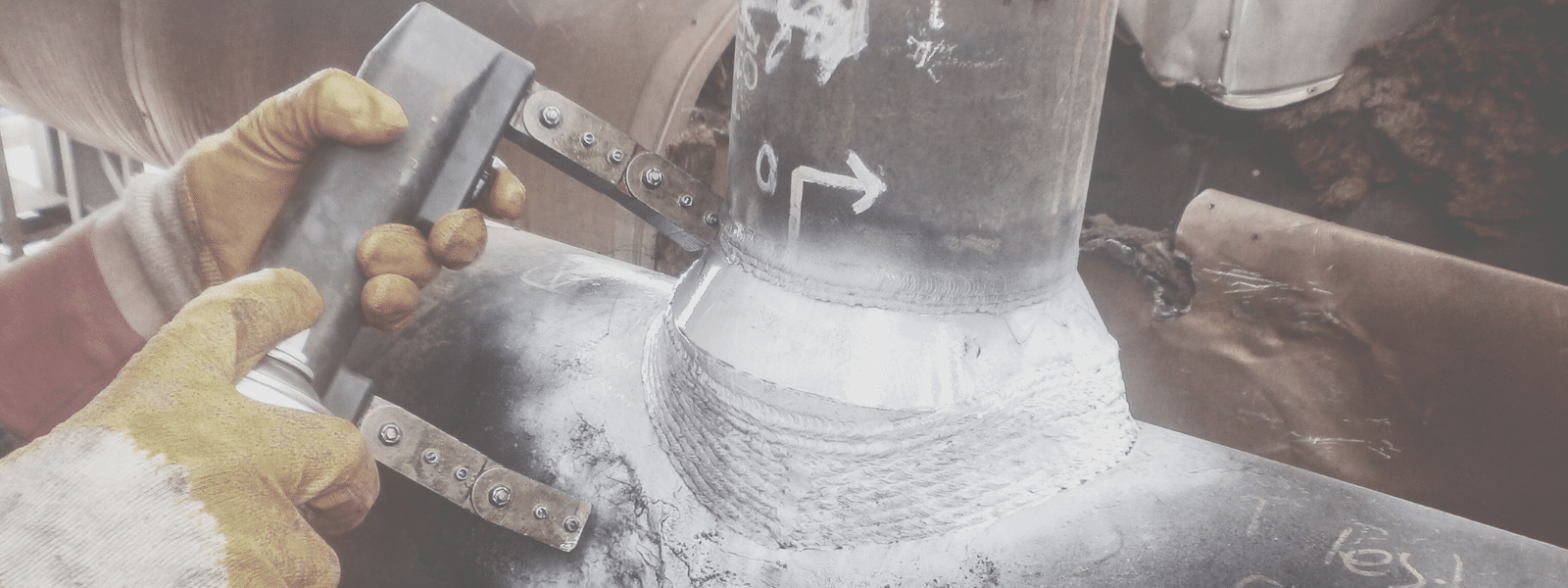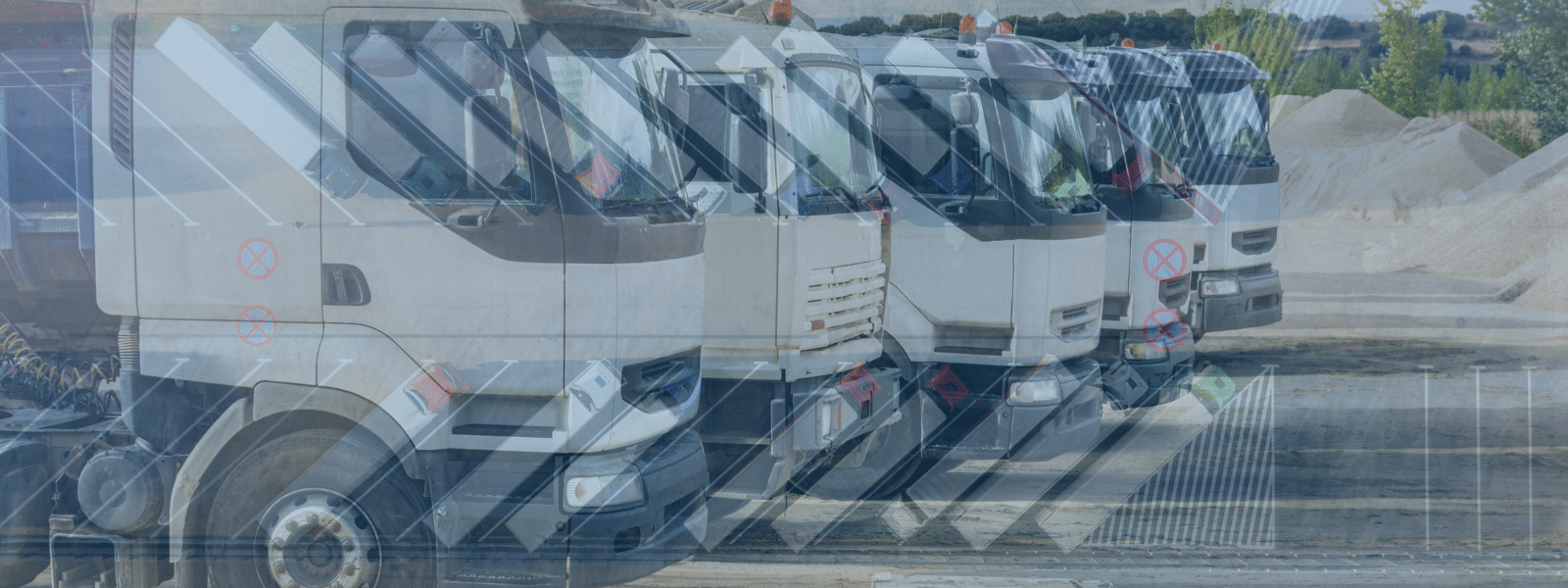Fouling refers to the buildup of solid matter in a water system, like scum on the surface of a pond, or rust on the hull of a boat. This buildup can take on many forms, both living and non-living, and in industrial settings, it can be a real headache to alleviate.
Read on to see more examples of fouling, and to learn about the negative effects it can have on an industrial system.
Types of Fouling: Biological
Material buildup can be distinguished simply as biological (aka “biofouling”) or non-biological.
Biofouling can refer to the build-up of…
- Bacteria
- Algae
- Fungus
- Mussels
- Barnacles
- Other microorganisms
Typically, biofouling is more common in warmer water and slower-moving water. Biofouling is a particular issue in ocean-based systems, because of the microscopic biodiversity of seawater.
Types of Fouling: Non-Biological
Non-biological fouling can occur simultaneously with biofouling, but is dependent on the make-up of the water, and material the system is made of. Here are a few examples:
Particulate
This refers to the building up of particles, maybe through pollution or natural particles like silt or leaves.
Precipitate
Precipitation occurs when chemicals in the water lose their solubility (through temperature change or change in the water movement), and collect in solid form.
Corrosion
Just like rust, certain materials will react with the water and may start to release solid material which can collect and affect the efficiency of the system.
Freezing
Sometimes if the water is cold enough, it will freeze in slower-moving areas. More commonly, oils or waxes will freeze in membranes and slow the flow of water.
Chemical Reaction
If a new chemical is introduced to the system, maybe as a biocide or cleaning agent, it may react with existing chemicals and form solids, similar to precipitation.
Why Is Fouling Bad?
Fouling can cause real problems for the efficiency of industrial water systems. Sometimes it can clog pumps and smaller pipes that are important for the flow of water. This can slow the efficiency of water movement but also lead to the dangerous building up of pressure in delicate areas.
If the system is being used for heat exchange (water is often used as a large-scale coolant), then buildup on the membranes meant to release heat into the water will hurt the transfer of heat.
Certain types of buildup can also contain dangerous chemicals and bacteria that make the water hazardous to human consumption. It is important to understand the type of buildup affecting your system and try to mitigate it.
Looking for a Treatment?
Understanding the best course of action for dealing with fouling can be a challenge. Here at Ecolink, we are ready to help you find the best solution for your needs. Reach out to us today to get started!





